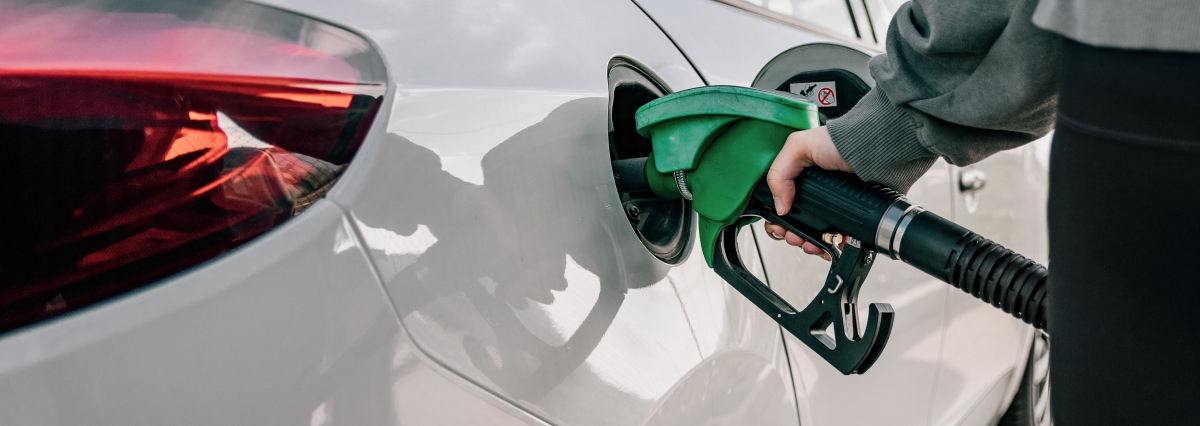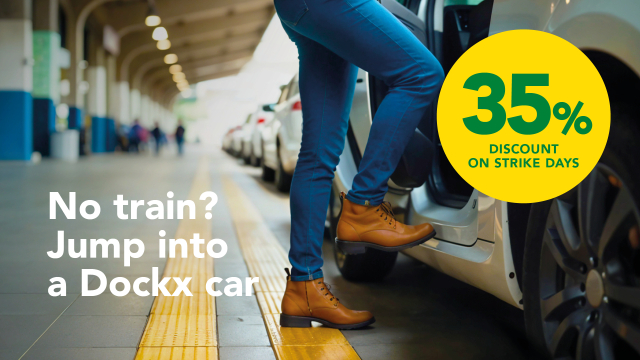
You are here:
from
Dockx.be
Blog
Here’s how to reduce your car’s fuel consumption
